Vocational Skills vs. Future-Ready Skills – Understanding the Difference
Vocational Skills vs. Future-Ready Skills – Understanding the Difference In today’s rapidly evolving world, the concepts of “vocational skills” and “future-ready skills” are often used interchangeably. However, while both sets of skills are crucial for success, they serve distinct purposes and are not the same. This article aims to clarify the difference between these two types of skills and explain why understanding this distinction is vital for effective education and workforce development. Why Vocational Skills Alone Are Not Enough Many people believe mastering a specific trade or profession—what we call “vocational skills”—is sufficient to secure future success. While vocational skills are indeed important, they are only one piece of the puzzle. Being “future-ready” requires a broader set of abilities that go beyond the technical expertise of any single job or industry. Let’s dive deeper into what each of these terms means and how they differ. What are Vocational Skills? Vocational skills refer to the specific, practical abilities and knowledge needed to perform tasks and responsibilities within a particular job or industry. These skills are focused, role-specific, and technical, and are designed to prepare individuals for specific roles in the workforce. Examples of Vocational Skills: These skills are essential for performing specific jobs effectively. For instance, a carpenter needs to know how to use tools and read blueprints, while a nurse must be skilled in patient-care and medical procedures. What are Future-Ready Skills? Future-ready skills, on the other hand, encompass a broader set of competencies, mindsets, and abilities that prepare individuals to adapt to and thrive in an ever-changing world. These skills go beyond technical know-how, focusing instead on adaptability, problem-solving, innovation, and continuous learning. Examples of Future-Ready Skills: These skills are not tied to any one profession. Instead, they are essential for navigating the complexities of the modern world, where change is constant, and unpredictability is the norm. The Relationship Between Vocational and Future-Ready Skills While there is some overlap between vocational and future-ready skills—particularly in areas like problem-solving and technical proficiency—the key difference lies in their scope and application. For example, while knowing how to program in Python is a vocational skill, the ability to continuously learn new programming languages and adapt to emerging technologies is a future-ready skill. Why the Distinction Matters Understanding the difference between vocational and future-ready skills is crucial for both educators and learners. Focusing solely on vocational skills might prepare individuals for a specific job, but it may not equip them to handle the broader challenges of a rapidly changing world. On the other hand, cultivating future-ready skills can ensure that individuals are not only capable of performing their current jobs but are also prepared to adapt to new roles, industries, and opportunities as they arise. Conclusion While vocational skills are important, they are not enough on their own. To truly prepare for the future, individuals must also develop a range of future-ready skills that will enable them to thrive in an uncertain and dynamic world. By understanding and embracing this distinction, we can better equip ourselves and others for the challenges and opportunities of tomorrow.


 dxc
dxc